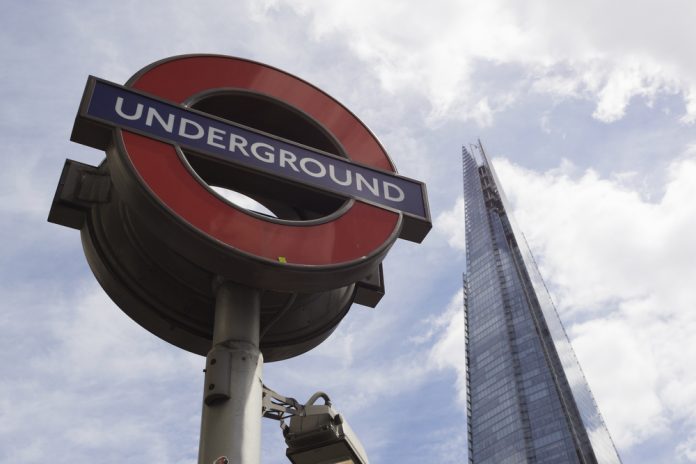After a fall in passenger numbers, Transport for London is planning for a near £1 billion deficit next year.
The deficit is partly down to the government’s cut to the £700 million grant, which has been steadily falling since 2015 and leading to “tough decisions” over fares and investment.
In response to the governmental cuts, unions have urged the government to rethink their decision, warning of a “funding crisis” that “could have devastating consequences for safety and services”.
Questions have surrounded Sadiq Khan’s decision to freeze fares, however, TfL has maintained the freeze in fares has kept numbers relatively high.
“London is leading the way in showing how you can keep fares affordable, while still investing record amounts in creating world-class infrastructure,” said a spokesperson.
“Although overall ridership is currently slightly lower than originally budgeted, ridership on the bus, tube and rail services is regularly outperforming that elsewhere across the country, helped by the fares freeze, the Hopper fare and improved reliability.”
The decline in passengers has partly been seen due to the rise in people working from home, increased popularity in car-hailing apps and safety concerns following last year’s terror attacks in London and Manchester.
David Begg, a former TfL board member, expressed concern over London’s transport system.
“There’s a genuine concern that the organisation is starting to creak,” he said of TfL, which he believed to be in “crisis.”
“I’m starting to worry about TfL and its ability to deliver against this financial background,” he added.
Various projects have been axed following the cut in government funding. Upgrades to Northern and Jubilee lines on the London Underground have been scrapped, as well as promises to extend the Metropolitan line.
“It’s the biggest financial challenge that TfL has ever faced,” said Caroline Pidgeon, a Liberal Democrat member of the London Assembly.
“If they don’t find ways to manage their expenditure we are going to see a crisis because we will see more transport projects being cut.”

